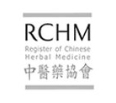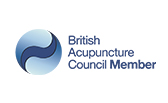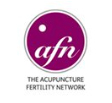National Institute for Clinical Excellence and acupuncture
Although also limiting the studies they consider and often taking ‘sham’ controlled acupuncture at face value, and devaluing findings comparing acupuncture favourably with more standard treatments, NICE still state:
“There is evidence that manual therapy, exercise and acupuncture individually are cost-effective management options compared with usual care for persistent non-specific low back pain. The cost implications of treating people who do not respond to initial therapy and so receive multiple back care interventions are substantial. It is unclear whether there is added health gain for this subgroup from either multiple or sequential use of therapies.” NICE guidelines
The NHS website further states:
There is some evidence that acupuncture has a beneficial effect on the following conditions:
- chronic back pain
- dental pain
- pain and discomfort during gastrointestinal endoscopy
- headache
- nausea and vomiting after an operation
- pain and discomfort during oocyte retrieval (a procedure used during IVF)
- osteoarthritis of the knee
“However, because of disagreements over the way acupuncture trials should be carried out and over what their results mean, this evidence does not allow us to draw definite conclusions.” nhs.uk
British Medical Association and acupuncture
The British Medical Association (BMA) has found:
“That in light of the evidence supporting the use of acupuncture for back pain, dental pain, migraine, nausea and vomiting in appropriate patients, consideration should be given to the need for a policy, guidelines, and flexible mechanisms for making this treatment available to NHS patients.” (BMA, Acupuncture: efficacy, safety and practice, 1999).
They also found that acupuncture can be an effective treatment for Nausea, Vomiting and Dental pain after a thorough examination of the evidence. However they also state that more research was needed at that time for other conditions.






